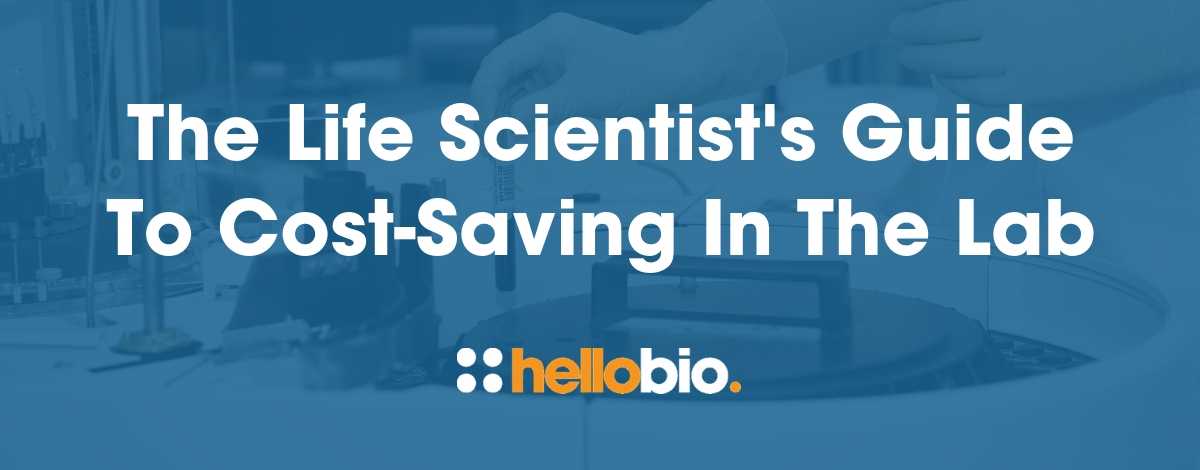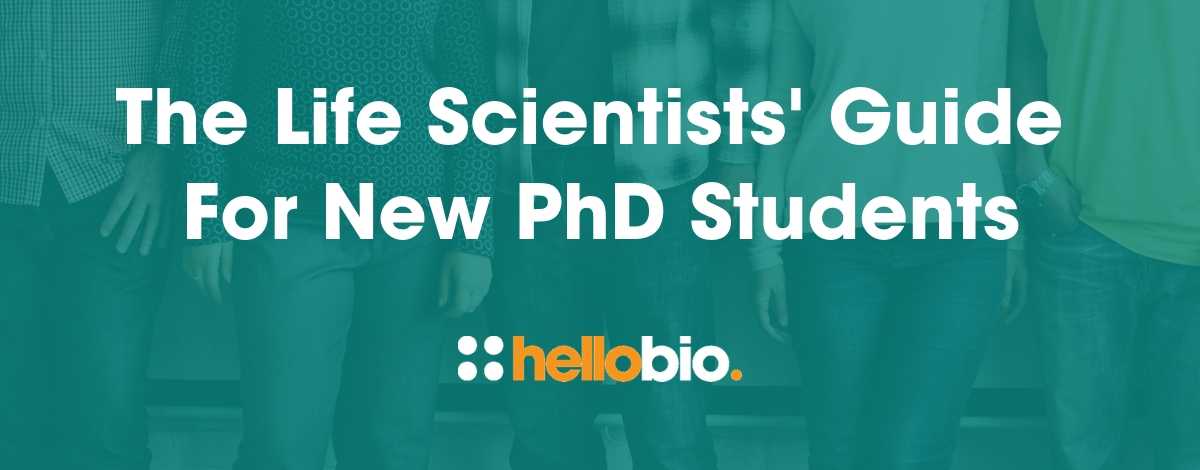Interviews with Scientists: Joana Carvalheiro
Next in our Interviews with Scientists, meet Joana Carvalheiro! Joana is currently a PhD student at the University of Minho as part of the Doctoral Programme in Basic Psychology, and was one of five scientists to attend ENCODS 2019 last month as a result of our fee waiver sponsorship.
Joana’s research focuses on understanding the effects of acute stress on the neurocomputational mechanisms of reinforcement learning. Before starting her PhD, she completed a Master’s Degree in Psychology, and also studied Neurobiology, both at the University of Porto. We chatted to Joana about her current work, her advice for new PhD students, what gets her most excited about her research field, and more.
Thanks so much for speaking to us, Joana! Firstly, tell us a bit more about your PhD...
I am currently in the third year of my PhD project in Basic Psychology at the Psychology Research Center (CIPsi), University of Minho. My PhD project aims to investigate the impact of acute stress on learning from the positive and negative consequences of our choices, using computational modeling and neuroimaging. Understanding how acute stress changes behavior is particularly important, since acute stress is present in everyday life and can have a major impact on wellbeing and mental health.
Did you always want to be a scientist when you were younger, and why?
I have always been very curious about human behavior. I’ve known since I was a child that I wanted to do something related to the study of human behavior, but not necessarily be a scientist. At the same time, I was very curious about biological mechanisms. That’s why I applied for a Masters in Psychology, as I thought it would give me the opportunity to integrate two areas that I was passionate about. It was only after finishing the Masters in Psychology that I decided I wanted to be a scientist and study the brain mechanisms underlying behavior.
What are you enjoying most about your PhD?
What I enjoy most in my PhD is that I can develop and test my own ideas. I also have the chance to travel and meet researchers from around the world. This sharing of knowledge is definitely one of the things that attracts me most about research.
What advice would you give to someone just starting out with their PhD?
Make sure you love your research topic, but do not stop doing other things that you are passionate about. Talk to as many researchers as you can, go to conferences and approach other people there, try to set up collaborations and always look for feedback to improve your work.
What's the most important lesson you've learned in your PhD so far?
Collaborations are major! Don’t be shy and approach people at conferences or in meetings.
What’s your biggest achievement in your career to date?
I learned a new programming language, and I’m proud that I am now able to write my own code, which makes my life much easier.
What do you think are the biggest issues currently facing life scientists and their work at the moment?
Job insecurity is one of the biggest challenges. Also, I think that high pressure to publish might compromise research quality.
Tell us a bit more about what you are working on at the moment...
At the moment, I am writing up the first paper of my PhD project. I am also working on the preregistration of a neuroimaging study, which will constitute the second part of my project. Soon, I will start to program a new experiment and data collection to assess whether acute stress changes the value we attribute to neutral stimuli.
What does a typical day in the lab look like for you?
I work mostly on data analysis and writing, and a little of my work is about data collection. This means that some days I work in the lab, and other days I work in the library or at home. Regardless of the place, I always start my day early and allocate all the important tasks to the morning. Before lunch I take 30 minutes to update myself on new papers in the field, and find some reading for early afternoon. Reading is what I usually do for a few hours after lunch, then I restart the other tasks. Before finishing for the day, I always check my email, plan and write down the tasks for the next day.
Outside the lab, what do you enjoy doing?
I found out during my PhD that physical activity is what clears my mind and is good for my mental health. I go for a run and cycle ride at least twice a week. I love hiking, and all outdoor physical activities that push me to the limit.
If you weren’t a scientist, what do you think you’d be doing?
I think I would be a software programmer, mainly because I am passionate about problem solving and coding can be pretty challenging.
What is it about your field of research that gets you most excited?
In my project, we propose a new framework to mechanistically explain the effects of acute stress on how we learn to seek rewards. I am excited by the project, because we aim to test our hypotheses by gathering evidence at several levels: behavioral, computational, and neural.
Which scientists working today do you most admire, and why?
I admire all scientists that are open-minded, team-workers, creative, and have good ethics.
What’s your favourite science quote?
“If you can’t explain it simply, you don’t understand it well enough” – Albert Einstein.
What do you think is the greatest scientific discovery of all time?
There are many fantastic scientific discoveries. I would say that one of the landmarks in neuroscience is the discovery that the brain retains the ability to change, even in adulthood. The discovery that the adult brain is plastic opened new avenues for research and treatments.
_________________________________________________
Thank you so much for taking the time to chat to us, Joana. We wish you the best of luck with your PhD project!
You can connect with Joana on Research Gate at: https://www.researchgate.net/profile/Joana_Carvalh...
_________________________________________________
If you enjoyed reading this interview, why not check out the other resources available on our blog. One of the things we’re most passionate about is supporting early career life scientists and PhD students. We know how tough it is - so we hope you find these helpful!
Advice & guidance for life scientists
Click below to view our of essential guides and articles includes to support life scientists, PhD students & early career life scientists:
Travel grants
Every month we give away $500 to PhD students and Postdocs so that they can attend a scientific conference - click below to find out more:
Wellbeing for scientists
Click below for our resources to help improve your wellbeing:
Technical resources
Try our Molarity Calculator: a quick and easy way to calculate the mass, volume or concentration required for making a solution.
Try our Dilution Calculator: an easy way to work out how to dilute stock solutions of known concentrations
Click below to see our Mini-reviews, Pathway Posters & Product Guides: a set of technical resources to answer your questions on a wide range of topics and to help you get started quickly.
And - when you get to the stage of planning your experiments, don't forget that we offer a range of agonists, antagonists, inhibitors, activators, antibodies and fluorescent tools at up to half the price of other suppliers - click below to see how we compare with other suppliers:





















